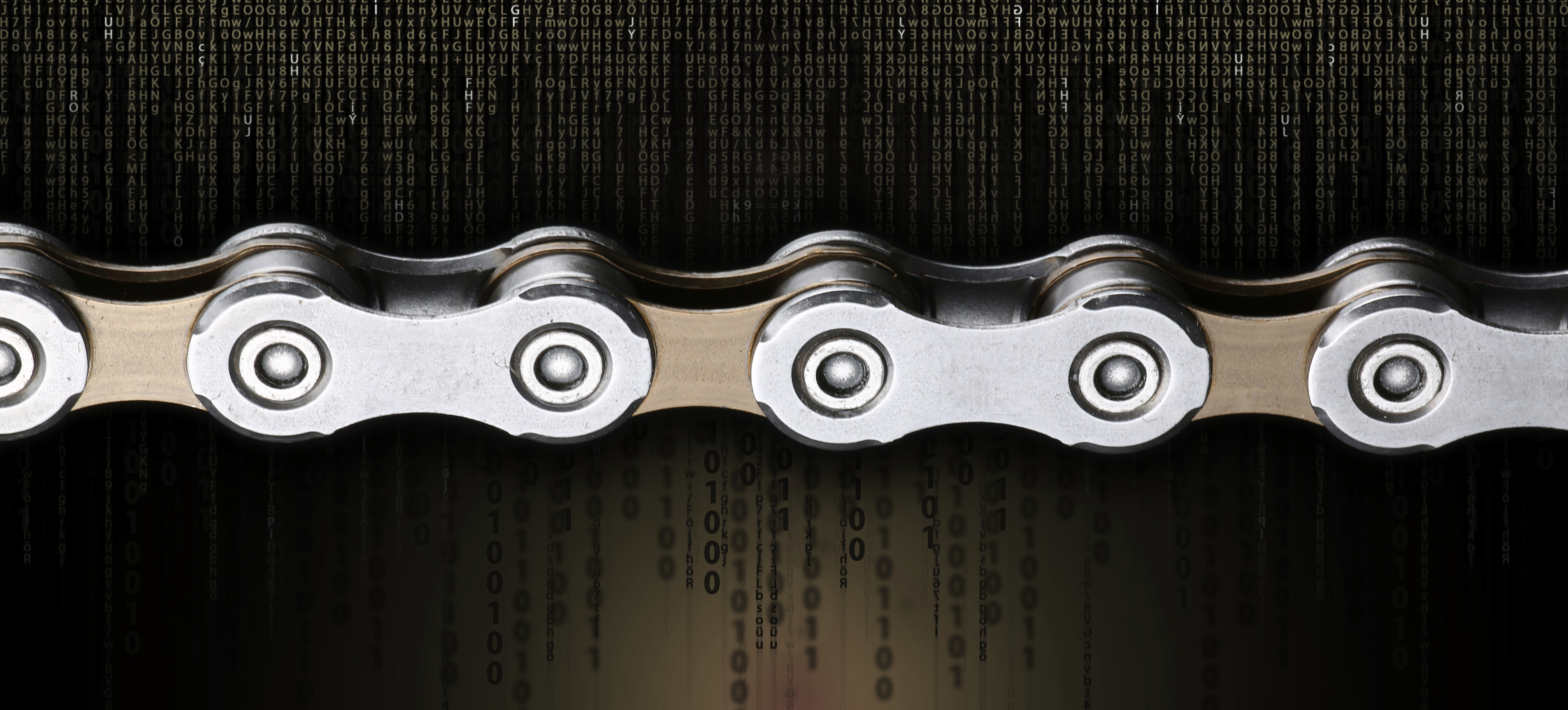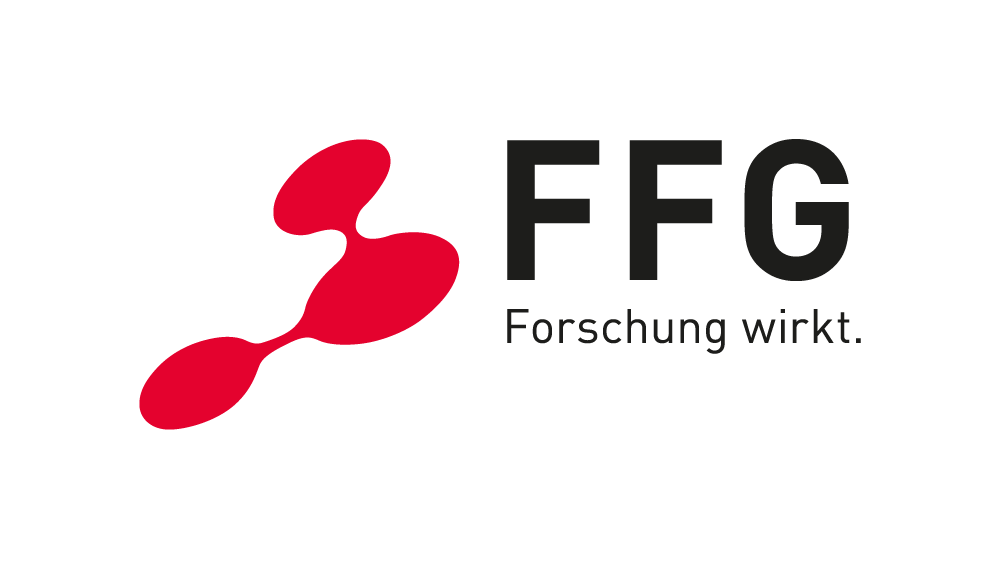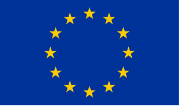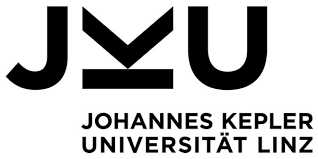Linz, May 2017 – In the words of Gerald Schatz: “If you only associate blockchains with bitcoins, you are only seeing the very tip of an ever expanding iceberg.” As CEO of the Linz Center of Mechatronics GmbH (LCM), he has founded a think tank to keep pace with the unchecked growth of blockchain technology. No longer solely the domain of financial transactions, blockchains can also be used to manage and securely record data for all kinds of goods, services, insurance, land registries, documents and company secrets. As well as developing apace, the technology has the potential to be disruptive, which is why LCM has launched its own investigation into the future of the blockchain. Leading technology experts, including voestalpine, Greiner and Engel, have already lent their support, and Schatz is keen to get even more companies involved in order to improve the quality of the findings. The first stage will be presented by LCM on 28 June.
“We want to drive innovations such as blockchains forward, not just play catch up. That’s why we have launched our ‘Open Foresight’ project,” explains Gerald Schatz. The work is being headed up by Bernhard Bergmair from the Sensors & Communication area at LCM. Despite what his area of expertise might suggest, Bergmair is not primarily concerned with the technology behind blockchains. The technology is open source and being developed by programmers around the world. “What’s much more interesting is the potential impact of this technology on everyday business practices,” he explains. For instance: Bosch and TÜV Rheinland are developing tachometers that are secure against tampering; electricity can be distributed directly between private solar energy plant operators and end users; and the transatlantic trade in raw materials can be made fully automatic, removing all bureaucracy and risk. “Blockchains make these highly complicated, even previously unfeasible, transactions possible,” says Bergmair. Thanks to this technology, industrial companies are also able hire software and hardware solutions for precisely defined production processes and fixed time frames. Confidential data remains secure and product piracy is eliminated.
Trust is important – a guarantee is better
Put simply, a blockchain is an enormous database that is distributed across several computers worldwide rather than being stored on a central server. In principle, all users have the same access rights, meaning that the possibility of misuse or tampering is almost nil. That’s what makes blockchain technology so fascinating. “For example ‘smart contracts’ can now offer an unprecedented level of contractual control,” explains Bergmair. If these digital contracts automatically release payment once the requested service has been rendered, and if they – just like insurance policies, land registries, certificates and other documents – leave no room for interpretation and long drawn out legal manoeuvring, then they save involving an armada of banks, notaries, trustees and lawyers. “Trust is rightly the core principle of any successful partnership between companies; however thanks to blockchain technology it is now also possible to build up a business relationship with a previously unknown company without incurring any risk,” Bergmair continues. According to the leading German business newspaper ‘Handelsblatt’, the potential applications for blockchains are endless, and that’s just in the insurance industry. Experts expect blockchain technology to make a big breakthrough in the next three to five years. According to Bergmair: “Until then, we mustn’t just be passive bystanders; we need to take advantage of this trend for both ourselves and our customers.” With its ‘Open Foresight’ project, LCM is certainly leading by example.









